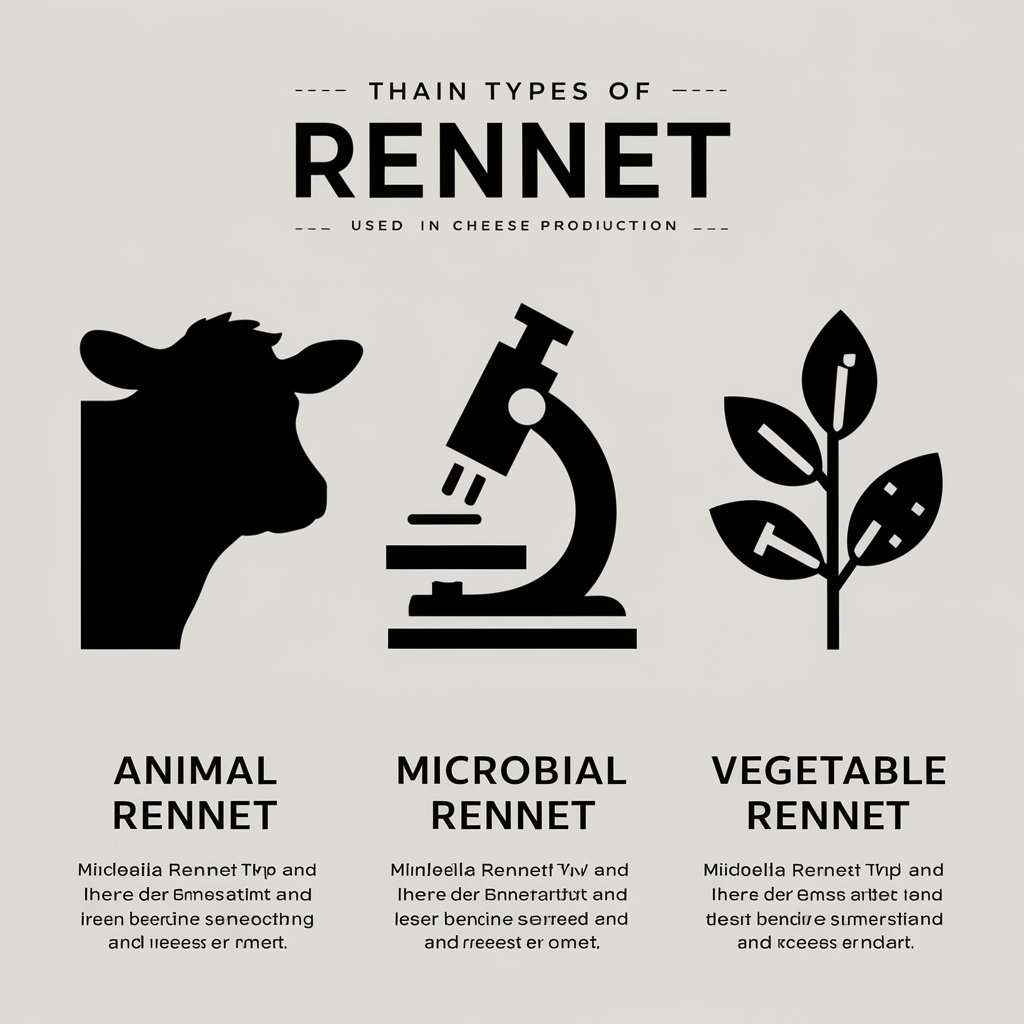Is Cheddar Cheese Halal?
To understand whether cheddar cheese is halal, it’s essential to grasp the concept of halal itself. Halal is an Arabic term that means “permissible” or “lawful” according to Islamic law. For a food item to be considered halal, it must meet specific criteria:
- The food must not contain any prohibited (haram) ingredients, such as pork or alcohol.
- The animal source of the food must be slaughtered according to Islamic guidelines.
- The food must not come into contact with any non-halal substances during preparation, processing, or packaging.
Ingredients in Cheddar Cheese
Cheddar cheese is typically made from the following ingredients:
- Cow’s milk
- Rennet (an enzyme used for curdling milk)
- Salt
- Bacterial cultures
On the surface, these ingredients seem to be permissible under Islamic law. However, the halal status of cheddar cheese largely depends on the source and type of rennet used in the cheese-making process.
The Role of Rennet
Rennet plays a crucial role in determining the halal status of cheddar cheese. Traditionally, rennet is derived from the stomach lining of young animals, particularly calves. There are three main types of rennet:
- Animal rennet: Obtained from the stomach of slaughtered young mammals, usually calves.
- Microbial rennet: Produced by certain fungi and bacteria through a fermentation process.
- Vegetable rennet: Derived from plants, such as thistle and fig leaves.
| Rennet Type | Halal Status |
|---|---|
| Animal Rennet | Halal if the animal is slaughtered according to Islamic law |
| Microbial Rennet | Generally considered halal |
| Vegetable Rennet | Halal |
Animal rennet is permissible only if the animal from which it is derived has been slaughtered according to Islamic guidelines. If the animal is not slaughtered in accordance with Islamic law or if the rennet comes from a prohibited animal like a pig, then the cheddar cheese made with that rennet is not considered halal.
Microbial and vegetable rennet, on the other hand, are generally considered halal as they do not involve animal sources.
Checking the Halal Status of Cheddar Cheese

To ensure that the cheddar cheese you consume is halal, follow these steps:
- Check the ingredients: Carefully read the ingredient list on the cheese packaging. Look for any non-halal ingredients or ambiguous terms like “enzymes” or “rennet” without specifying the source.
- Look for halal certification: Some cheddar cheese brands may carry a halal certification logo from a recognized Islamic organization. This certification indicates that the cheese has been produced in accordance with Islamic guidelines.
- Contact the manufacturer: If the ingredient list is unclear or if you have any doubts, reach out to the cheese manufacturer directly. Inquire about the source and type of rennet used in their cheddar cheese production.
Alternatives to Cheddar Cheese
If you are unsure about the halal status of a particular cheddar cheese or if you prefer to err on the side of caution, there are several alternatives you can consider:
- Halal-certified cheddar cheese brands
- Vegan cheddar cheese made without animal-derived ingredients
- Other types of halal cheese, such as mozzarella or feta made with microbial or vegetable rennet
Conclusion
In conclusion, the halal status of cheddar cheese depends on the source and type of rennet used in its production. While cheddar cheese made with microbial or vegetable rennet is generally considered halal, cheese made with animal rennet is only permissible if the animal was slaughtered according to Islamic guidelines.
As a consumer, it is essential to exercise due diligence by carefully reading ingredient lists, looking for halal certifications, and contacting manufacturers when in doubt. By understanding the factors that determine the halal status of cheddar cheese, you can make informed choices that align with your religious beliefs and dietary restrictions.
Remember, if you are ever unsure about the halal status of a food item, it is always best to seek guidance from a trusted Islamic authority or choose alternative options that are unequivocally halal.








